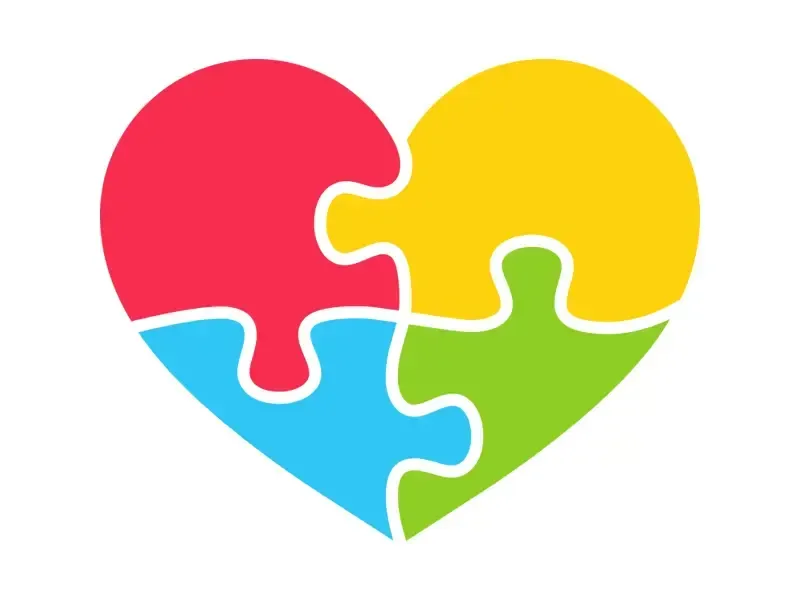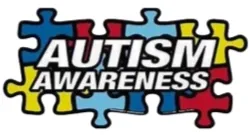Life is a balance of holding on and letting go ~ Rumi
Navigating Grief and Bereavement: Understanding the Healing Journey
Grief is one of the most universal yet deeply personal experiences we face as human beings. Whether it’s the loss of a loved one, a relationship, a pet, or even a life chapter, grief reshapes how we see ourselves and the world around us. There is no “right” way to grieve, and healing rarely follows a straight path.
Understanding Grief
Grief is a natural emotional response to loss. It’s not just sadness it can involve shock, anger, guilt, confusion, or even relief, depending on the situation. Each person’s grief is influenced by their relationship with what was lost, their coping style, and the support they have around them.
Psychiatrist Elisabeth Kübler-Ross introduced the concept of the five stages of grief denial, anger, bargaining, depression, and acceptance. While these stages can help us understand the emotional landscape of loss, they aren’t a checklist or a sequence. Many people move back and forth between feelings, or skip some stages entirely.
The Difference Between Grief and Bereavement
- Grief refers to the emotional experience and response to loss.
- Bereavement refers to the period of mourning after a death, the time when a person learns to adjust to life without someone who was important to them.
Bereavement often brings both emotional and physical symptoms: fatigue, difficulty concentrating, changes in appetite, and a sense of emptiness or disconnection. It’s common to feel like you’re “going through the motions” for a while.
There Is No Timeline for Healing
Culturally, we’re often encouraged to “move on” or “get back to normal.” But grief doesn’t have an expiration date. Healing is about learning to live with the loss carrying memories forward while slowly making space for new experiences and meaning.
It’s normal for grief to come in waves. Some days may feel peaceful; others may bring unexpected tears triggered by a scent, song, or photo. These emotional waves are part of the ongoing connection you have with the person or thing you lost.
Supporting Yourself Through Grief
- Allow yourself to feel. Suppressing grief only delays healing. Let tears, anger, and laughter come as they do.
- Seek connection. Talk to supportive friends, family, or a counselor who can listen without judgment.
- Honor the loss. Create rituals or ways to remember: light a candle, write a letter, or visit a meaningful place.
- Take care of your body. Eat nourishing foods, rest, and move gently because grief can be physically draining.
- Be patient with yourself. Healing is not linear, and there’s no deadline for “feeling better.”
When to Reach Out for Help
If grief begins to interfere with your ability to function; for example, if you’re struggling to get out of bed, withdrawing from loved ones, or feeling hopeless for a prolonged period it may be time to seek professional support. Counseling can help you process the loss in a healthy, compassionate way.
Final Thought
Grief is a testament to love. It’s the echo of connection, the proof that something or someone mattered deeply. With time, support, and self-compassion, you can move from surviving your loss to living with meaning again. For further information on how you can be supported on your own grief journey feel free to call or text us at 609-961-1827.











